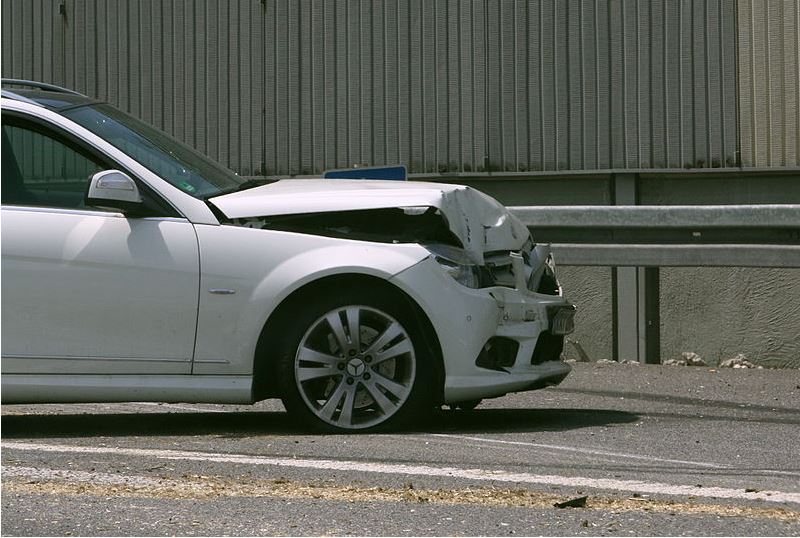
Property Damage Law and Gap Coverage in Ohio – Understanding the Basics
No matter how prudent or careful we may be, it cannot be denied that accidents are inevitable. It’s why they’re called accidents after all. After an unfortunate event occurs, the end result is that someone gets injured and/or that there is some sort of property damage caused.
If you get injured due to an auto accident, it would do you well to contact our experienced personal injury lawyers as soon as you can. Click to read more about help for personal injuries and auto accidents.
If you suffer some form of property damage, then chances are you may be confused as to what exactly your options are, not to mention the proper courses of action that you need to take. Here is a brief guide, aimed at arming you with sufficient knowledge regarding property damage.
What is Property Damage?
Simply put, property damage is any injury or damage to another’s personal or real property, either because of that person’s negligence, a willful act of destruction, or some other natural act or force of nature. A basic example of this is damage to your vehicle during an accident.
RELATED ARTICLE: Tips for Avoiding Distracted Driving
What is the Statute of Limitations Regarding Auto Accident Property Damage?
The Statute of Limitations is a rule in law which states that any claims or lawsuits must be filed with the pertinent court within a set period of time from the occurrence; otherwise, that claim or lawsuit may be lost forever. The property damage in an auto collision case is two years from the date of occurrence of the damage.
What is Gap Coverage or Gap Insurance?
GAP coverage or GAP insurance is an optional, add-on car insurance that works by filling the gap between the payment still owed on a loan to purchase the vehicle and the car’s actual fair market value at the time of the auto accident.
These days it is not unusually for car loans to be for 5 years, and further the norm is for a vehicle to lose a great deal of value the first two years after purchase. The old adage is drive a new vehicle off the lot, and it’s worth about ½ of what it was. If you are lending most, if not all, of the vehicle purchase price, then the more you owe, the more likely you will not be fully compensated for the full amount of owed on the vehicle if the vehicle is totaled. Chances are, if you do not have some built in equity due to putting money down on the vehicle, you are exposed to a potential loss if your vehicle is totaled.
CLICK FOR PROPERTY DAMAGE FREQUENTLY ASKED QUESTIONS
The purpose GAP coverage is to prevent a situation where a vehicle is totaled, and the fair market value of the vehicle is less than what is owed on the car loan. The law only requires that the person who cause the damage to your vehicle to pay you the fair market value of the vehicle.
If you are arguing over the value of the comparable vehicles, you can use on-line resources such as NADA or Kelly Blue Book to secure similar values of similar vehicles with similar mileage and features. You are also able to get written estimate from dealerships of the value of your vehicle, perhaps from the one you purchased the vehicle from or had it maintained.
But, if it is matter that you agree the fair market value is what is being offered, but what is being offered is less than what you owe on your vehicle loan, then you are in a tough spot. Adding insult to injury, the balance owed on the loan without gap insurance will be the car owner’s responsibility. So, in order to clear the loan form your credit, the owner of the vehicle that was totaled by another person’s negligence will have to come up with the funds to finish paying off the loan either by paying cash, figuring out a credit payment, or rolling the remaining balance into their next car loan.
If you purchase a vehicle, then it is worth your time and premium to ask the lender about GAP coverage. Having gap insurance will most certainly help you in the case of the fair market value of your vehicle being less than what you owe on your car loan.
Call the professionals at Arthur Law Firm today at 419-782-9881.